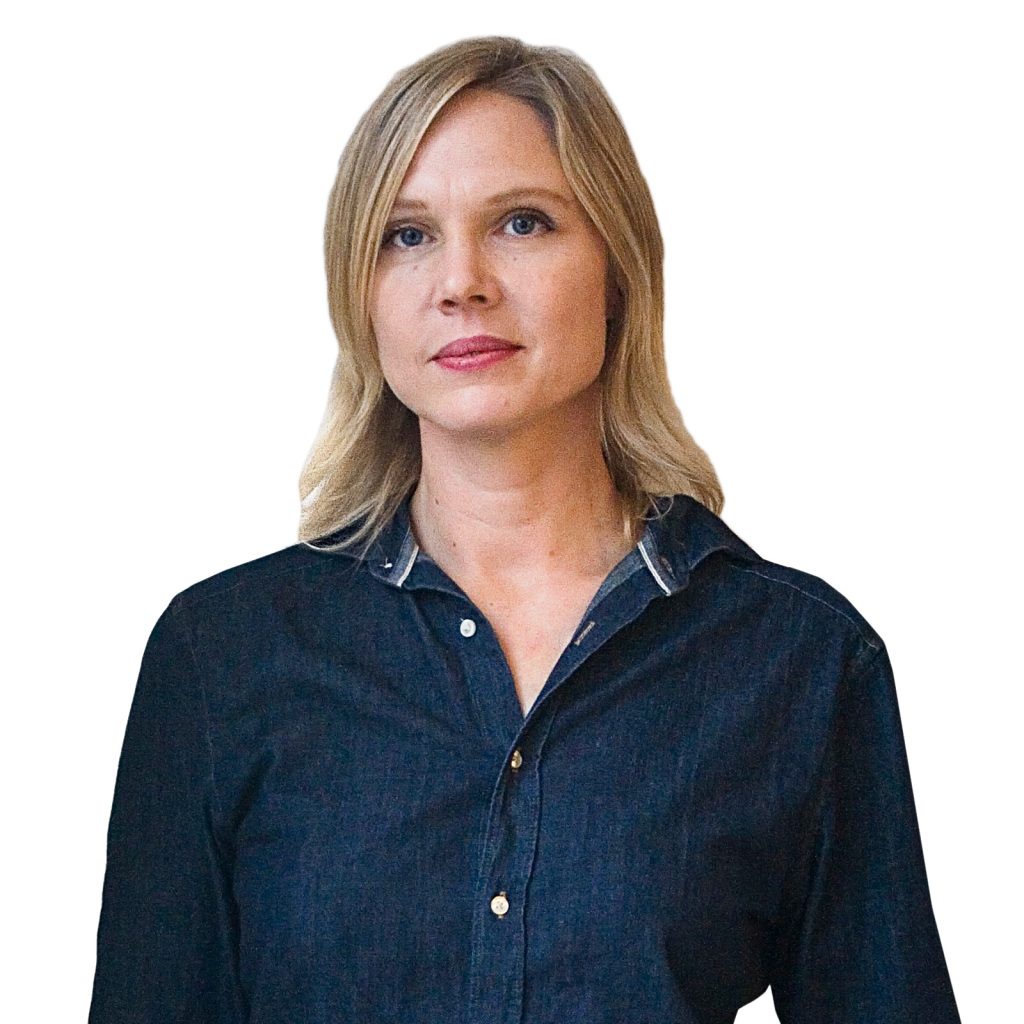Human destinies drawn from inside wartime Lebanon
Hoda Barakat talks to Jenny Aschenbrenner, literary critic and cultural journalist with many years of experience from Sweden’s largest newspapers, radio and TV. The conversation is interpreted into English.
Uppsala Municipal Library
Wednesday March 20, 18.15
Language: Arabic and English
Duration: 60 minutes
When many writers and intellectuals left Lebanon at the outbreak of the civil war in 1975, Hoda Barakat did the opposite. She had just started an education in Paris, but interrupted her studies and returned home. Barakat remained in the country almost until the end of the war in 1990, during which time she debuted as a writer with the novel Hajar al-dahik, which has been translated into English (The Stone of Laughter). It is said to be the first Arabic-language novel with a gay protagonist; a distinctly feminine young man, shy, neat and orderly. But the war transforms and distorts him, corrupts him slowly, even if he himself for the longest time avoids participating in it.
It is significant that in almost all of Barakat’s novels the protagonists are men, often marginal figures of some kind. Sometimes they are deliberate counter-images to the distorted masculinity of war and violence, other times broken victims of it. As in her award-winning third novel, Vattenplöjaren (one of the two books by Barakat that have been translated into Swedish), the narrator retreats in the middle of a raging war to her dead father’s abandoned fabric shop and devotes herself to growing a garden and reminiscing about a young love, to the sensual rustle of the silk fabrics. Silk as weapons against steel, sprouting herbs against falling missiles, life against death.
The mood in Ahl al-hawa (Disciples of Passion in English translation) is completely different. The only voice we hear belongs to a young man confined in a mental institution. The book is a chaotic and erratic defense speech, full of internal contradictions, and a terrifying insight into a soul scarred by war.
Barakat believes that by writing about people who on the surface appear as completely different from herself, she can both discover repressed sides of her own self and get to know worlds and people she would not otherwise have access to. ”A female character would become too much a part of me, and I don’t want that.”
An exception to this self-imposed rule is the novel Ett rike av denna jord (in Swedish translation by Jonathan Morén) where Barakat depicts her childhood hometown. The novel revolves around a family that also happens to be called Barakat. The story begins in the 1920s and depicts half a century of discourses and power structures that would fuel the civil war in Lebanon. It is an ambivalent novel marked by both the love for the people of the home village and by criticism of clan mentality, honor violence, the tendency to praise and flock around Strong Men – the same types who later became the warlords of the civil war years.
As one of only two female laureates ever, she also received the prestigious International Prize for Arabic Fiction (IPAF) for her latest novel Bareed Al-Layl (Voices of the lost in English translation). A book with an innovative structure capturing several characters in exile whose fates are told through letters to their relatives in Lebanon.
Hoda Barakat talks to Jenny Aschenbrenner, literary critic and cultural journalist with many years of experience from Sweden’s largest newspapers, radio and TV. The conversation is interpreted into English.

